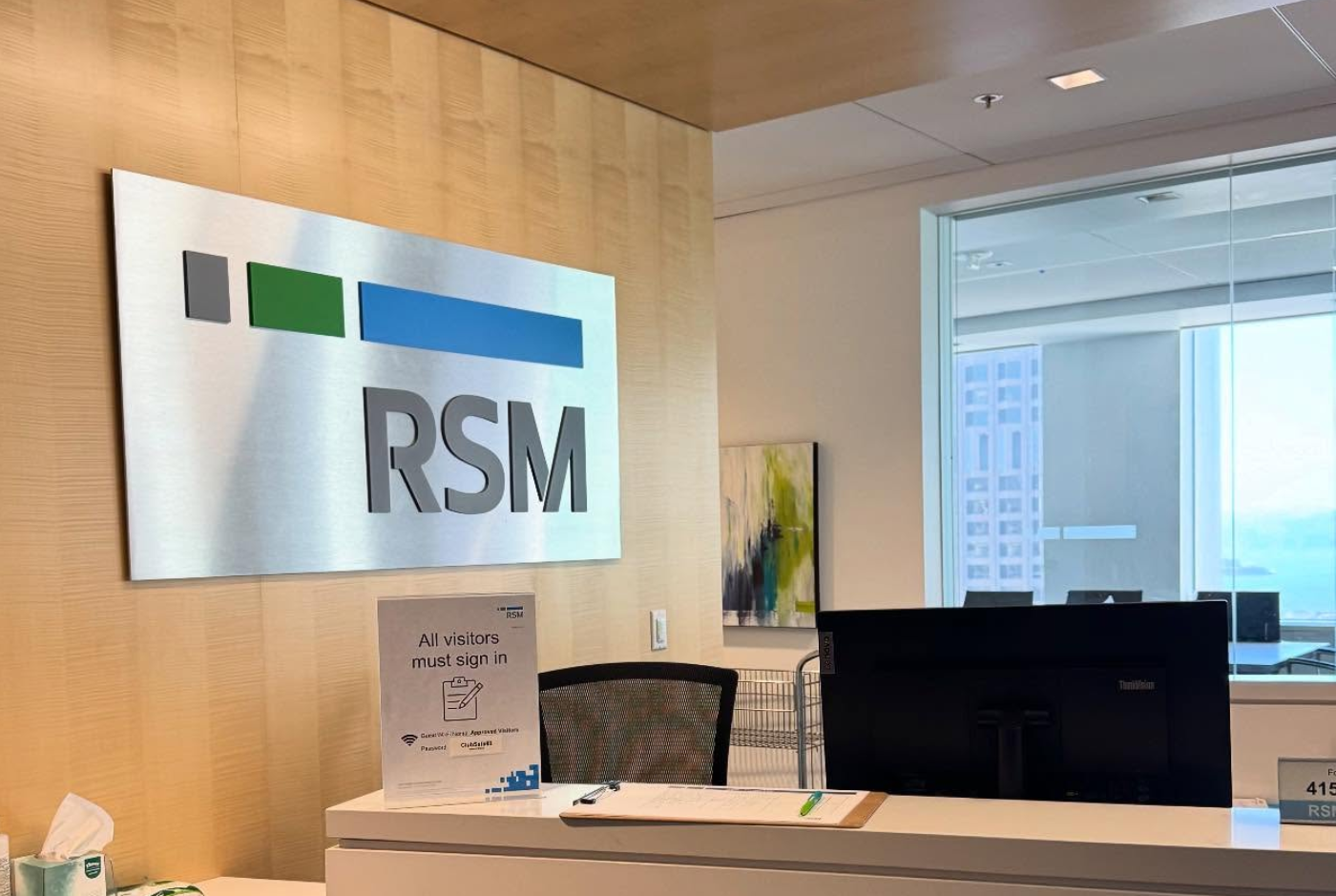It’s no surprise that the accounting industry and its professionals are focused increasingly on how global markets impact practice management and client service. But when asked about the top three concerns among accounting firm leaders, BKR International, one of the world’s leading associations of independent public accounting firms, cited an overwhelming focus on the following:
1. Security Awareness
Financial advisory firms of all sizes are actively targeted by hackers in search of client data, according to a top cyber security threats report by BKR International last year, in tandem with the Identity Theft Council in California. Public accounting firms — at least in the U.S. — may be required in the future to comply with minimum federal data security standards.
In the meantime, firms should have a few of their own standards in place to mitigate risks against hackers as well as minimize legal liability risks. Document retention policies, reviewed written communications protocols, technology upgrades and — most importantly — staff training top the list.
2. Multigenerational Engagement
Most companies have experienced the challenge of managing up to four generations of employees: the founding and part-time Traditionalists, the executive and immersed Boomers, the results-oriented GenXrs and the agile Millennials. Understanding the perceptions and expectations of each generation isn’t easy, but all of them contribute something significant to your firm.
Every firm should understand the generational composition of staff and educate leaders on how to adapt policies, processes and opportunities to support full engagement. Communicate regularly about generational attributes and differences to enhance team communication and collaboration. There is a wealth of information out there to learn about each generation of employee. Consider including multiple generations on teams for richer solutions.
If your firm demographics trend a little older or a little younger, this can impact your ability to grow, retain staff or relate to clients. Look for ways to balance out the age range in your recruitment and retention efforts. Make sure that younger employees understand the opportunities for skill building and professional advancement while mid-career employees can anticipate new and challenging engagements. Experienced leaders should be actively engaged in the firm’s vision and growth strategy.
3. Anticipating What’s Next
Speaking of anticipation, clients are increasingly looking to their CPAs to get beyond reactive or transactional relationships and help them prepare for the future. The challenge is that partners and managers are often just as bogged down with daily compliance service deadlines as the teams they oversee. Lack of capacity makes it difficult to see the forest for the trees and focus on the future inside the firm, let alone consult about it with clients.
But anticipating the future for clients is a critical core competency that firm leaders are integrating with their service offerings, their staff development and their approach to client relationships. Clients expect regular delivery of value, translated as new ideas, risk mitigation, assessment, strategizing and foresight. Accounting has traditionally been about recording the past. Internationally minded accounting firms understand the importance of using that historic data to make effective business decisions now while also projecting what’s next.
Many experts say ‘big data’ is ushering in the next industrial revolution. Accounting firms are among the best at collecting and analyzing all of this data. It will be their jobs to protect it, engage more people to oversee it, and anticipate how businesses can benefit from it.
————–
Maureen Schwartz is Executive Director of BKR International, a top global accounting associations, representing the combined strength and market exclusivity of more than 160 independent accounting and business advisory firms in over 500 offices and 80 countries. To learn more, visit www.bkr.com
Thanks for reading CPA Practice Advisor!
Subscribe Already registered? Log In
Need more information? Read the FAQs
Tags: Firm Management




